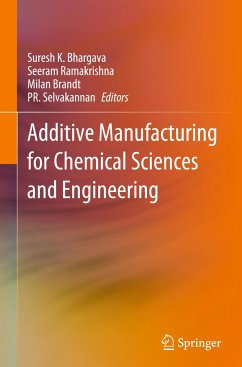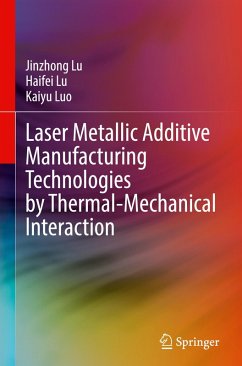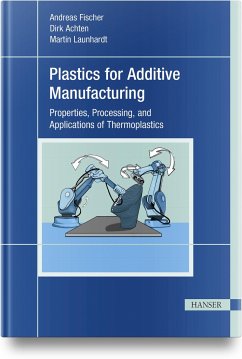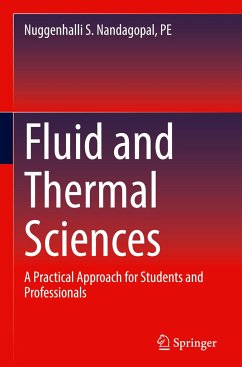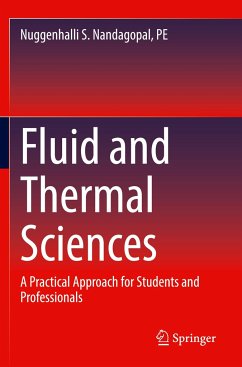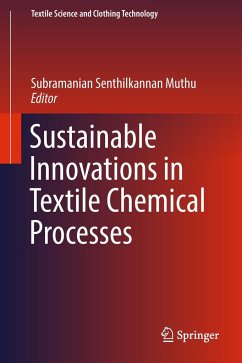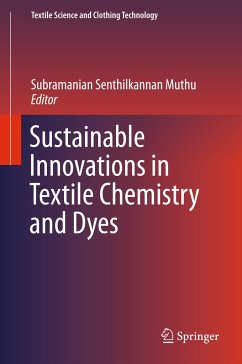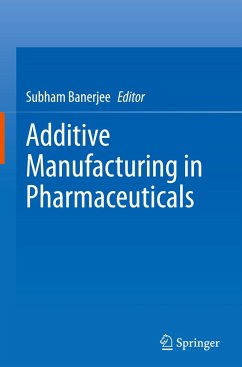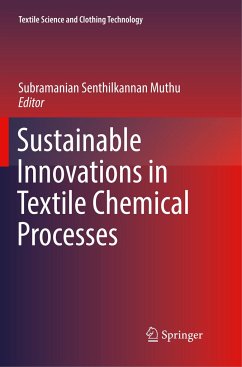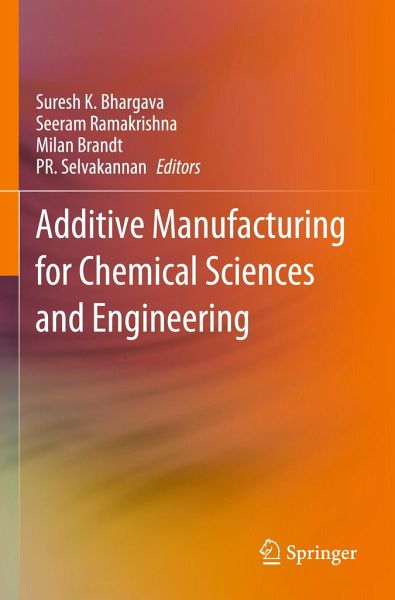
Additive Manufacturing for Chemical Sciences and Engineering
Versandkostenfrei!
Versandfertig in 6-10 Tagen
76,99 €
inkl. MwSt.

PAYBACK Punkte
38 °P sammeln!
This book is tailored designed for both researchers as well as academics teaching or introducing Advanced Manufacturing course to their classrooms. It presents the current state of research in this field of research and major challenges identified so far, for the integration of additive manufacturing into chemical processes. Unique capability of transforming materials into functional devices with specific geometry using the emerging additive manufacturing technologies has stimulated significant interest in biology, engineering and materials science, to provide custom-made designs for tailored ...
This book is tailored designed for both researchers as well as academics teaching or introducing Advanced Manufacturing course to their classrooms. It presents the current state of research in this field of research and major challenges identified so far, for the integration of additive manufacturing into chemical processes. Unique capability of transforming materials into functional devices with specific geometry using the emerging additive manufacturing technologies has stimulated significant interest in biology, engineering and materials science, to provide custom-made designs for tailored applications. However, the applications of this emerging technology in the field of chemical sciences and engineering have started very recently. Therefore, the major focus of this book is to introduce the basic principles of additive manufacturing practices as well as advent into conventional chemical processes and various unit operations. The potential advantage of introducing these additive manufacturing technologies has the potential to scale down large scale chemical processes into small scale, which offers several advantages including lower foot print, waste reduction and efficient heat integration as well as distributed chemical manufacturing.



